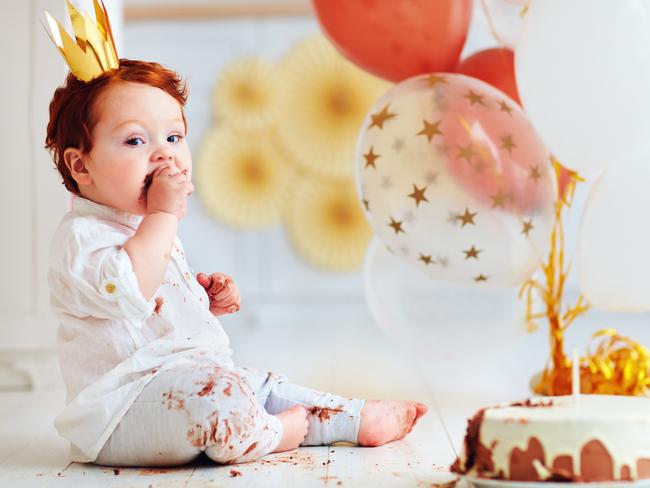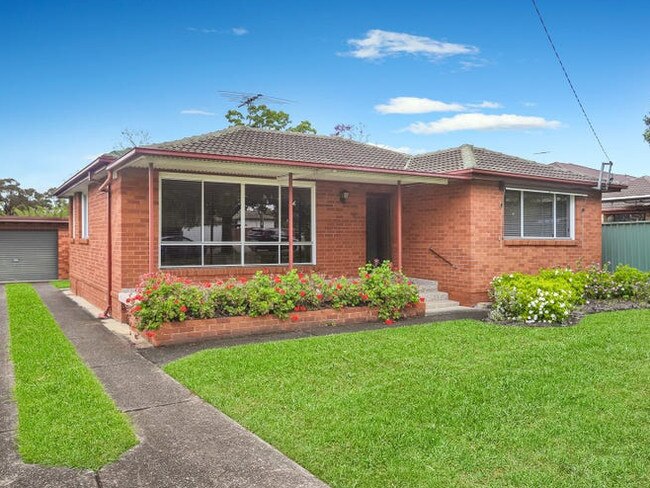Booming home prices put renters off having kids, University of Sydney study reveals
Property prices rising at the fastest rate in decades has had a surprising influence on couples’ plans to have kids, a new study has revealed.

Booming house prices have become a major disincentive for renting couples to have children and could be partly behind declining birth rates in some communities, a new study suggests.
The research led by University of Sydney economists and published in the Journal of Housing Economics sought to measure people’s plan to have kids against property prices and revealed some surprises.
A bullish property market tended to encourage homeowners to have more children, but discouraged renters from doing the same.
The researchers also found a $100,000 increase in housing wealth was associated with an 18 per cent increase in the probability of having a child.
Married mortgage holders were the most likely to have children.
It was the opposite for those who did not own their home. Property price increases were associated with declining fertility rates for renters.

Lead author and associate professor Stephen Whelan said this pattern was particularly strong given steep rises in prices across the country.
“Housing constitutes a major cost of raising a child so, as the cost of housing increases, having children in Australia has become more expensive,” he said.
“Renters, who are generally less financially secure than homeowners, may choose to delay having children in the face of rapidly rising house prices.”
The Australian fertility rate has been below the replacement rate since the late 1970s, while the real price of housing has more than tripled during the same period.
Mr Whelan said the study suggested housing changes shaped the size of families.
“While there has been significant debate about appropriate policy settings in light of rapidly increasing house prices and its impact on home ownership, there has been little discussion of the implication of housing market developments on people’s decisions to have children,” Mr Whelan said.

“This research indicates that rapidly increasing house prices are associated with changes in both outcomes and intentions about whether to have children.”
The researchers crunched the numbers using responses from partnered females aged 25 to 45 to the annual, national Household, Income and Labour Dynamics in Australia (HILDA) surveys from 2001 and 2018.
Specifically, they relied on the HILDA survey question: ‘How likely are you to have a child/more children in the future?’ on a scale of 0 (very unlikely) to 10 (very likely) as well as one that asked participants to report their housing prices.
To ensure the accuracy of this data point, they supplemented it with LGA-based median property price data.
After controlling for fertility timing among other variables, they found a direct correlation between property prices and child-bearing intentions and outcomes.
Originally published as Booming home prices put renters off having kids, University of Sydney study reveals

